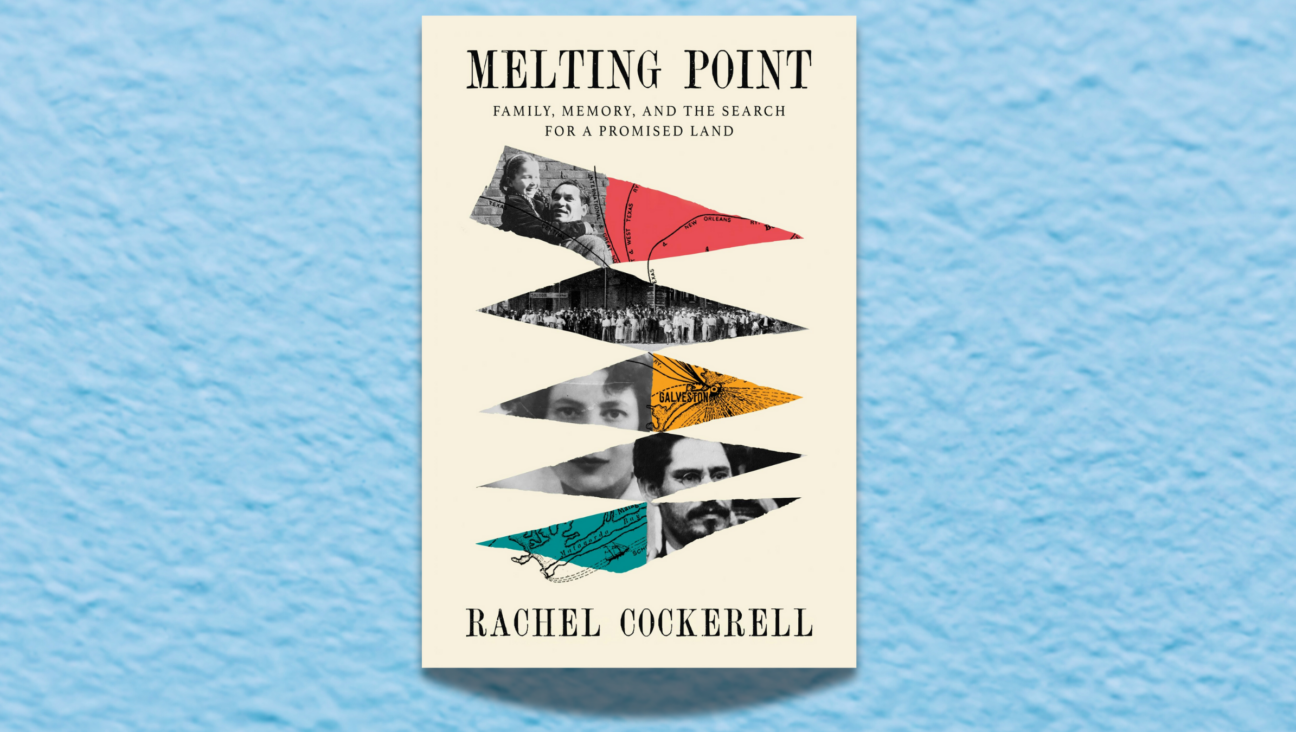Why Soccer Creates the Best Middle East Dialogue

Getty Images
Thinkers from Cass Sunstein to Eli Pariser in “The Filter Bubble: What the Internet is Hiding From You,” have elucidated the threat to social discourse posed by the Internet. Increasingly able to insulate ourselves from disagreement, we live in bubbles of like-mindedness. From whichever angle, it’s epistemic closure in sociological jargon, “bullshit mountain” in Jon Stewart’s terms.
Soccer is one of the few places that sworn enemies talk, argue, read each other’s news: interact. It’s not perfect, there are inequities, iniquities, pitched battles and tragedies but those narratives clash openly in the media as well as on the pitch.
Tamir Sorek’s book, “Arab Soccer in a Jewish State: The Integrative Enclave,” about the social norms of soccer in Israel is an attempt to analyze how Jewish and Arab soccer co-exist in Israel, in various different ways. And to see whether soccer, in such a conflicted part of the world, can have a constructive effect on the situation.
It doesn’t help that insofar as Jews and Arabs do play together, they do so because playing soccer is “modern” in a way that embracing nationalism is “modern” and thus pits Jews and Arabs against each other. But the paradoxes that the playing field offers are fascinating (what happens when an Arab-Israeli team with Jewish players tours Jordan?) and are, on a myriad of local levels, writ large in the gap between ideology and practice.
It’s both wonderful and a shame that it’s a scholarly work. The scholarship allows the questions to remain open and rich even while being answered contingently using evidence. But, at the same time, the scholarly tone, diction and footnote apparatus makes it less accessible than it really could be.
The Forward is free to read, but it isn’t free to produce

I hope you appreciated this article. Before you go, I’d like to ask you to please support the Forward.
Now more than ever, American Jews need independent news they can trust, with reporting driven by truth, not ideology. We serve you, not any ideological agenda.
At a time when other newsrooms are closing or cutting back, the Forward has removed its paywall and invested additional resources to report on the ground from Israel and around the U.S. on the impact of the war, rising antisemitism and polarized discourse.
This is a great time to support independent Jewish journalism you rely on. Make a gift today!
— Rachel Fishman Feddersen, Publisher and CEO
Support our mission to tell the Jewish story fully and fairly.
Most Popular
- 1

Fast Forward Ye debuts ‘Heil Hitler’ music video that includes a sample of a Hitler speech
- 2

Opinion It looks like Israel totally underestimated Trump
- 3

Culture Is Pope Leo Jewish? Ask his distant cousins — like me
- 4

Fast Forward Student suspended for ‘F— the Jews’ video defends himself on antisemitic podcast
In Case You Missed It
-

News In Edan Alexander’s hometown in New Jersey, months of fear and anguish give way to joy and relief
-

Fast Forward What’s next for suspended student who posted ‘F— the Jews’ video? An alt-right media tour
-

Opinion Despite Netanyahu, Edan Alexander is finally free
-

Opinion A judge just released another pro-Palestinian activist. Here’s why that’s good for the Jews
-
Shop the Forward Store
100% of profits support our journalism
Republish This Story
Please read before republishing
We’re happy to make this story available to republish for free, unless it originated with JTA, Haaretz or another publication (as indicated on the article) and as long as you follow our guidelines.
You must comply with the following:
- Credit the Forward
- Retain our pixel
- Preserve our canonical link in Google search
- Add a noindex tag in Google search
See our full guidelines for more information, and this guide for detail about canonical URLs.
To republish, copy the HTML by clicking on the yellow button to the right; it includes our tracking pixel, all paragraph styles and hyperlinks, the author byline and credit to the Forward. It does not include images; to avoid copyright violations, you must add them manually, following our guidelines. Please email us at [email protected], subject line “republish,” with any questions or to let us know what stories you’re picking up.
















